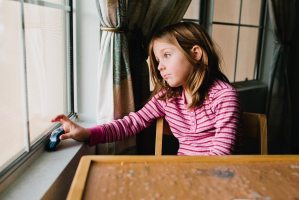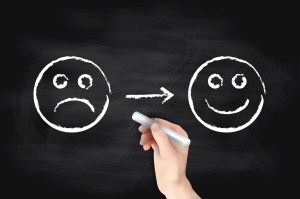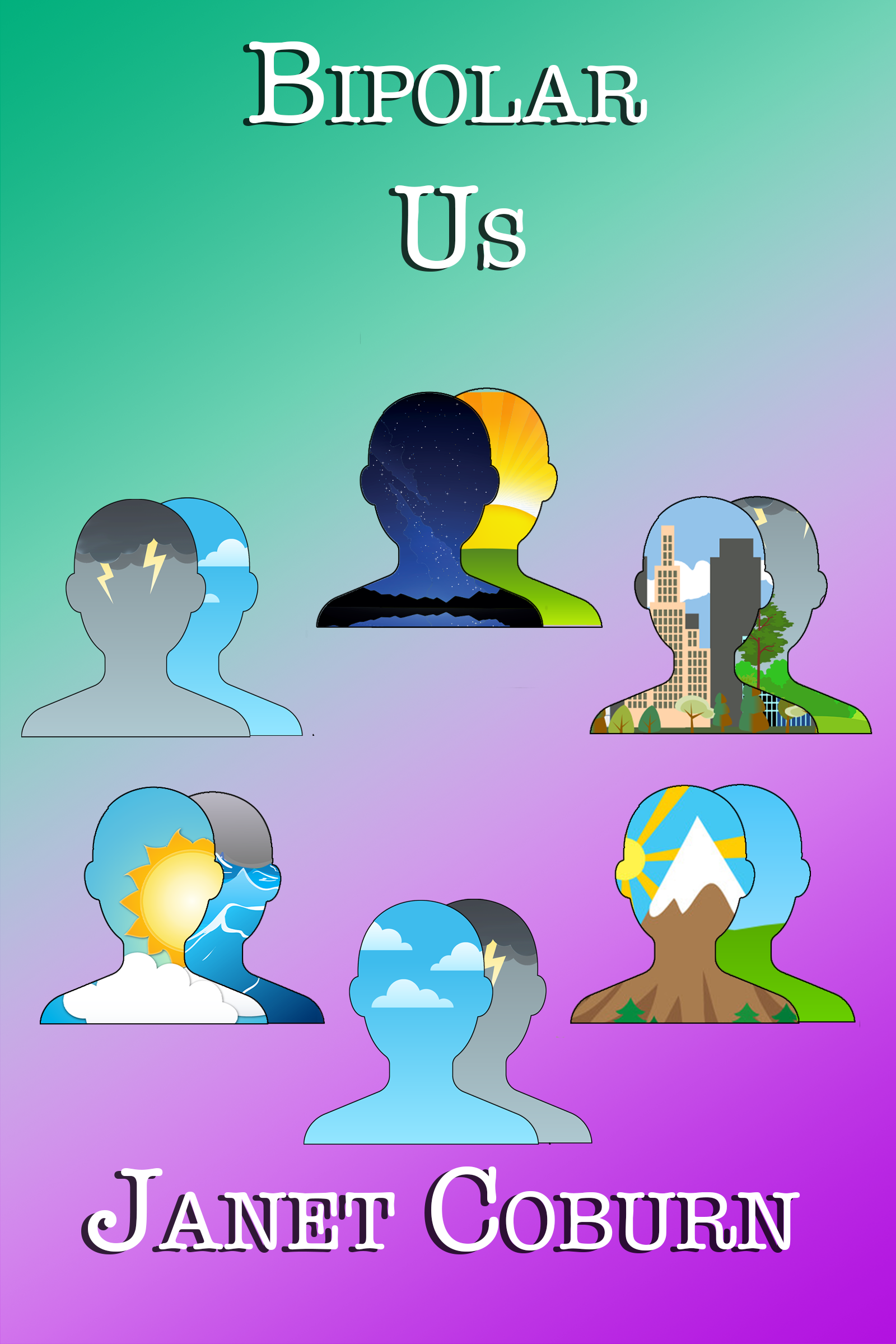Owning My Bullying
I have written many times before this on the subject of bullying – and now I have to admit that I have been a bully, too.
Bullying is often seen in stereotypical terms as a larger kid extorting money from a smaller, weaker one, or torturing someone in the locker room with “swirlies” and other indignities. But there are many kinds of bullying. There is physical bullying – the kind most people think of. There is ostracism or social bullying – the stereotype of which is the clique of mean girls or arrogant jocks. There are racist bullying, ethnic bullying, socioeconomic bullying, ableist bullying, sexual bullying, and just about any other type you can name.
Nowadays, one of the most vicious types of bullying, with the most harmful and longest-lasting effects, is cyberbullying. The tools of connection are being used to separate, exclude, and destroy reputations and even lives.
None of those is the kind of bully I was.
I was an intellectual bully. And since I realized that – only recently – I am ashamed.
I am not ashamed of my intelligence or my educational accomplishments. Those were the products of nature and nurture that I had little control over. It was what I did with those advantages that is shameful.
I used my smarts and my vocabulary to squash other students.
It may have started as a defense against the bullying I received – physical and social and whatever else. Intelligence seemed like the only weapon I had, and I wielded it as one. I was taking revenge in the only way I knew how. And that is something I should never have done.
I may not have intended it that way, but every snarky remark, every intellectual put-down, every sesquipedalian word flung back at my bullies carried a message. I was telling them that they were stupid and inferior and that I was smarter – better – than they were.
If that’s not bullying, I don’t know what is. And I’m sure it caused damage to egos and self-esteem, as well as perpetuating the cycle of be-bullied-and-bully that leaves countless perpetrators and victims in its wake.
Later in life, as my bipolar disorder deepened, I turned the bullying inward. I made self-deprecating remarks, snarked at myself, even made fun of myself for being overeducated and pedantic. I thought I had to do these things to myself before someone else did them to me. It was at once a measure of my profoundly low self-esteem and a way to lower it even further.
In essence, I was bullying myself. And I’ve known other people who have done likewise. (For what it’s worth, I’ve since learned that it can be profoundly irritating to listen to a person tear himself or herself down this way.)
Intellectual bullying is a hard habit to break. The words, the ideas, the sarcasm are there for the using. The consequence, of course, is driving people away, sometimes without even realizing it. I have done this and seen it only when looking back at the potential or actual friends lost, the coworkers who thought I was a jerk, the people I’ve hurt.
I’ve been trying to break myself of the habit. Oddly, the Internet helps. It is, as has been noted, true that there are few ways to convey tone of voice in chat or email. There is no sarcasm font. But there are ways to let the recipient know that you do not mean a message literally or unkindly. You can place <snark> after a remark or a 😛 emoji or a sticker that demonstrates you mean well. I’ve even seen people use <sarcasm on> and <sarcasm off> around their messages to make them clearer.
But mostly, I try to guard my speech. I have to install a little censor (or sensor) that says, “Ooh! That’s funny! But is it insulting?” before I make a remark.
I’d rather pause for a second and look like a doof than go back to being a bully.












Recent Comments